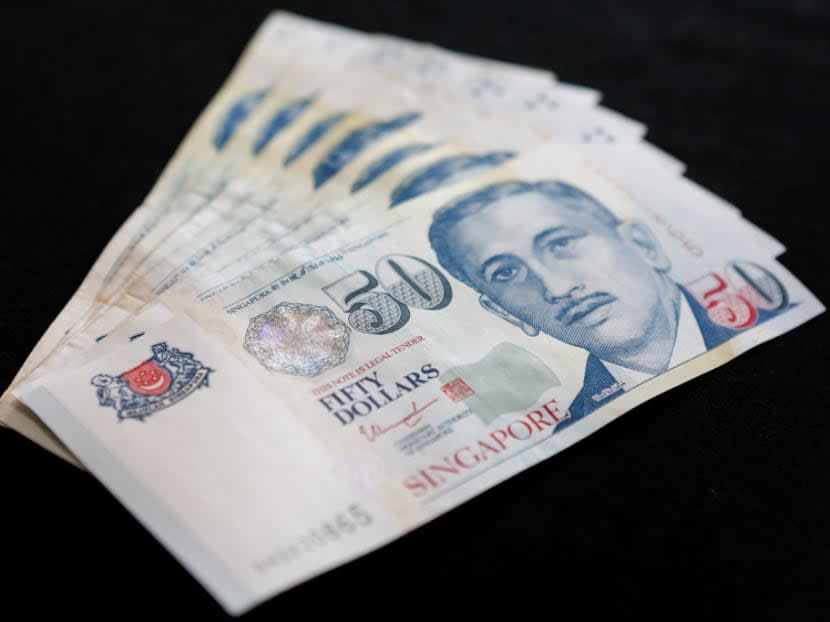90% of Singaporeans prefer cash payments: PayPal
SINGAPORE — Despite the Singapore Government’s push for digital payments to support its Smart Nation vision, 90 per cent of Singaporeans surveyed by digital payment giant PayPal say they prefer to use cash as their primary mode of payment, with only a small percentage using digital payments regularly.
SINGAPORE — Despite the Singapore Government’s push for digital payments to support its Smart Nation vision, 90 per cent of Singaporeans surveyed by digital payment giant PayPal say they prefer to use cash as their primary mode of payment, with only a small percentage using digital payments regularly.
The preference for cash in Singapore was followed next by traditional payment modes such as bank transfers or Internet banking at 74 per cent, with 61 per cent saying they prefer credit cards.
When it came to using cash regularly, however, only 43 per cent did so, citing problems such as having insufficient cash on hand, and long queues at automated teller machines (ATMs).
This was behind consumers surveyed in China in the same study, where only 25 per cent use cash regularly, but close to Hong Kong’s 44 per cent. In Asia, 57 per cent on average used cash regularly.
The latest PayPal study surveyed 4,000 consumers and 1,400 merchants across seven markets in Asia — China, Hong Kong, India, Indonesia, Philippines, Thailand and Singapore. Here, 500 consumers and 200 merchants were surveyed.
When it came to digital payments, Singapore also lagged far behind China, with only 3 per cent regularly using electronic or mobile wallets, versus China’s 48 per cent. Hong Kong fared slightly better at 6 per cent, and in Asia it was an average of 12 per cent.
Respondents in Singapore who did not adopt digital payment methods cited privacy concerns (51 per cent), while 36 per cent felt the new methods were too complicated, with too many steps or processes.
Mr Rahul Shinghal, general manager of PayPal South-east Asia, said: “We are already taking great strides in making digital payments part of our daily lives, but as rightly pointed out by Prime Minister Lee Hsien Loong in his National Day Rally speech, we still have some ways to go. Our report also shows that Singapore is lagging behind countries like China in the adoption of digital payments.”
The survey results showed a high awareness of digital payments here. Two out of three consumers surveyed were aware of at least one digital payment method, and 82 per cent have used such payment methods.
However, the report found that ironically, a high level of awareness and the many options “may pose a barrier to full adoption of digital payments”. In recent years, various digital payment modes have surfaced, such as contactless mobile payments, QR code payments, as well as payments via apps.
“The plethora of digital payment options in Singapore and the lack of interoperability between the varying systems may cause many to default to a payment mode that they are comfortable using, which is cash,” noted the report.
PayPal called for a push for an “integrated payment infrastructure from the Government and industry players” to address this issue of interoperability.
Some merchants note that cash and traditional modes of payment still outpace the newer digital payment modes.
At food chain Aloha Poke, cash and Nets or credit cards still remain the most common modes of payments.
“People initially have resistance … they do need to be taught how to use the new forms of payments, so perhaps some sort of marketing is needed. However, digital payments offer more convenience at the end of the day, so once people try it out, we do see more repeated use,” said Mr John Chen, co-founder of Aloha Poke.
Cashless payments are, however, easier for merchants, as staff do not have to handle cash or credit card receipts, saving much time or risk of mismanaging cash, he noted.







